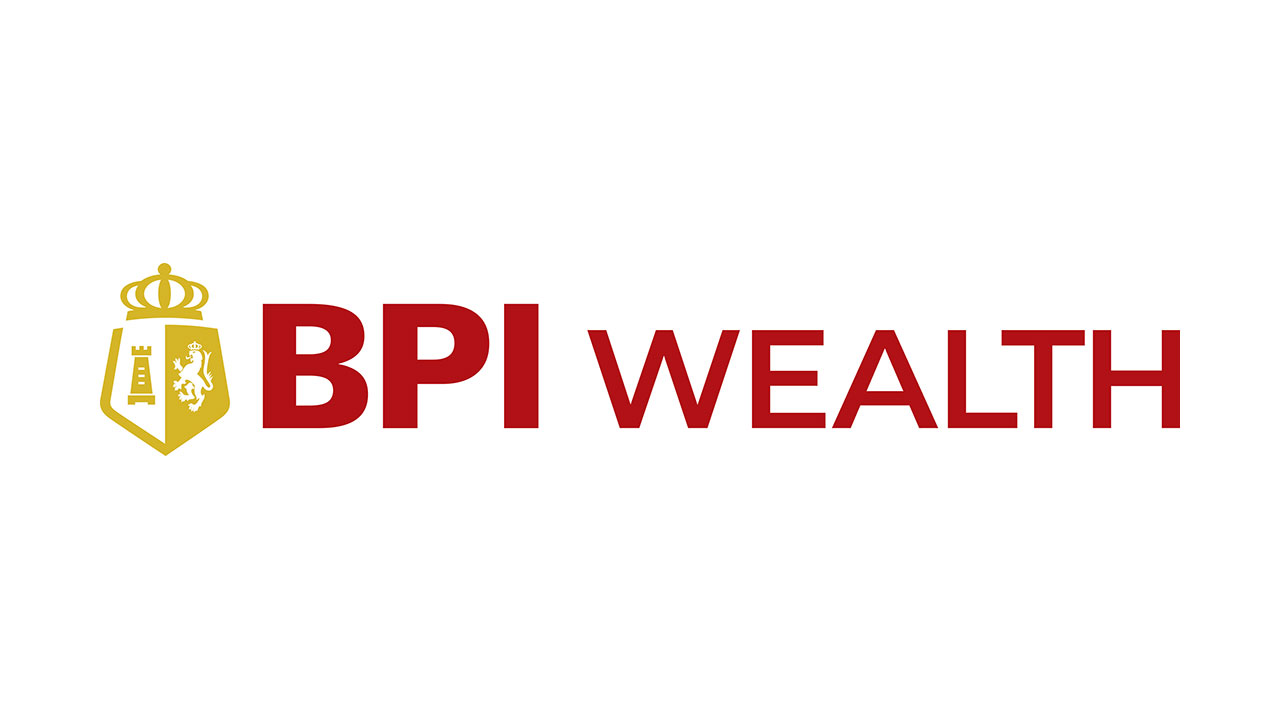
STRENGTHENING the Philippine investor base could help mitigate any potential volatility when investment flows dry up, Bank of the Philippine Islands (BPI) Wealth Chief Investment Officer Luis Antonio Zialcita said.
“I guess one of the key things that we have to achieve… is a stronger local investor base. At this point in time, markets are very dependent on flows,” Mr. Zialcita said at a panel discussion at the Philippine Investment Conference 2025.
Other parts of the world economy, including those in Southeast Asia, have become more important as the US tariffs weigh on its economy’s trade with other countries, PwC China Economist Dr. Jackie Yan said in the same panel.
“In my view, I don’t see it as decoupling. I just see it as both decoupling and recoupling. It’s just a transformation of the global supply chain,” he said.
“This is where increasingly the other parts of the world economy, like the ASEAN economy, are becoming significantly more important because it’s integrated into this global supply chain transformation.”
Particularly in the case of China, investments and exports are flowing more into countries in ASEAN, while exports from the region are increasing into the US, he said.
“We’re seeing the restructuring of the supply chain and investment flows because I think one thing people didn’t really appreciate enough is that investment and trade are always linked with each other. You have cross-border investment and then you create new trade linkages,” he said.
“We have looked like there’s a decoupling maybe between the US and China, but I think behind the scenes you are seeing ASEAN becoming an integrated part of this and it’s just creating new trade and investment linked to this along the way.”
While the Philippines is unlikely to decouple from the US in the short term, a deepening of financial markets could help open up the country to more foreign investors, Mr. Zialcita said.
“The regulatory changes that the SEC (Securities and Exchange Commission) Chair has mentioned, the deepening of our markets, is one of those key things that will allow us to finally be global,” he said, noting that market pricing in the Philippines remains low compared to other regions.
“For the meantime, at least the valuations are very attractive… that is something that investors should consider,” he said.
In a speech at the same conference, SEC Chairman Francisco E. Lim said the commission is working to broaden participation and modernize infrastructure to deepen the capital markets.
These efforts include a shelf registration framework for issuers, aimed at providing flexibility and speed; efforts to improve liquidity and price discovery, as well as expanding the repo market to include trust entities, mutual funds, and insurers.
The SEC is also reviewing real estate investment trust (REIT) regulations to expand eligible assets, lengthen reinvestment periods, and attract broader participation.
“We are promoting sustainability reporting, aligning with global standards, recognizing that resilient markets must integrate ESG (environmental, social, and governance) principles,” Mr. Lim added.
The regulator is likewise pushing to include Philippine corporations in global indices by addressing gaps in liquidity, fraud, and disclosure.
Through the Capital Markets Forum, the SEC is also working with its ASEAN partners to support cross-border offerings and regional integration.
“At the SEC, we recognize that these reforms demand not only ideas, but execution.
That is why we are strengthening our own foundations, building capacity, culture, and agility,” Mr. Lim said. — Aaron Michael C. Sy